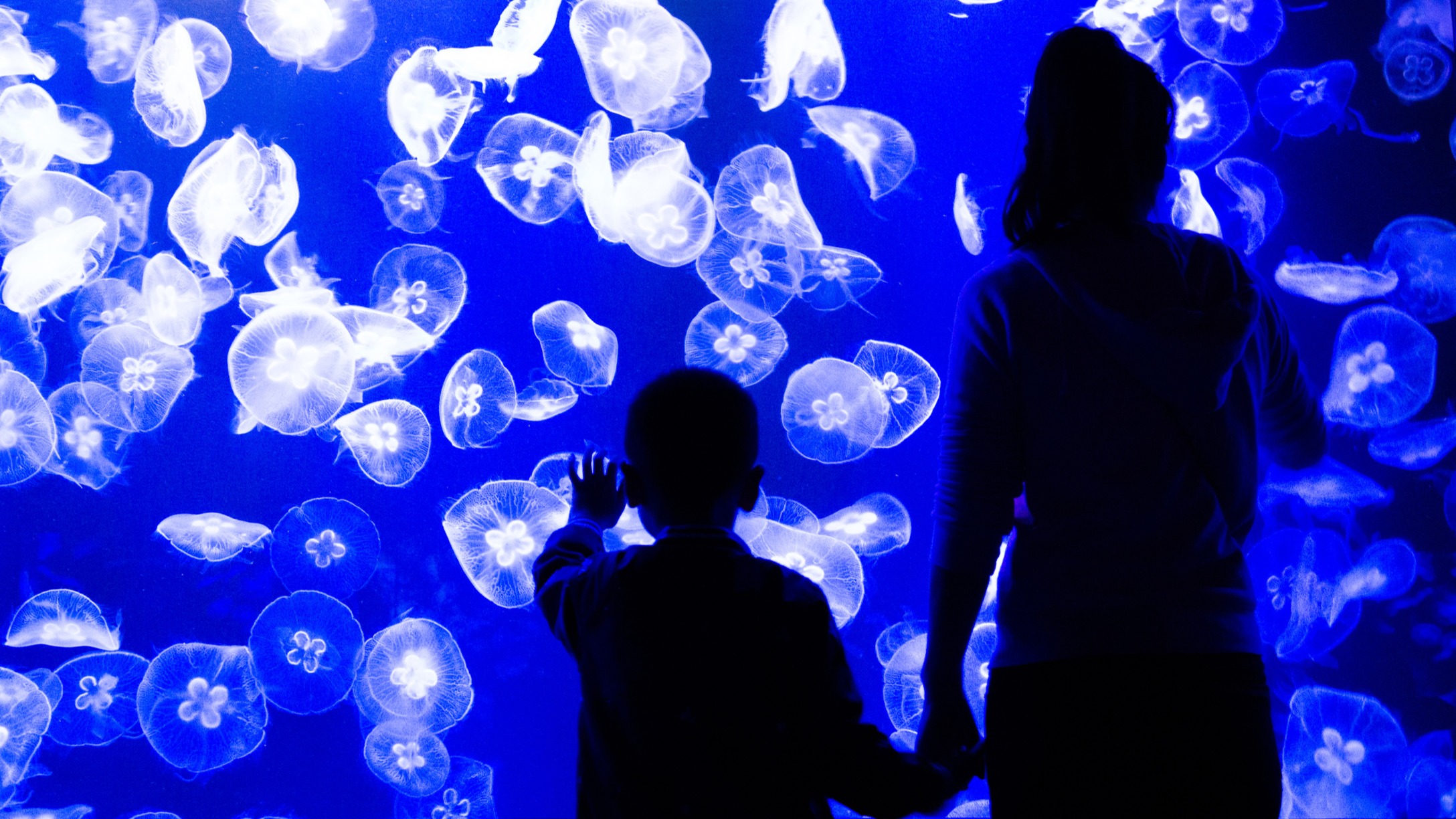
I’ve always known there were different types of parenting styles, but it wasn’t until I became a parent myself that I learned all of the various names for them. Turns out, there are quite a few. There are crunchy parents, silky parents, and even a combination of the two dubbed scrunchy parents. Helicopter moms, tiger moms, gentle parents. The list goes on.
Apparently, the latest one to hit the parenthood streets is what psychologist Vanessa Lapointe calls the jellyfish parent. This style of parenting emphasizes flexibility, going with the flow, and letting your child tell or show you how they’d like to spend their time and energy. Lapointe, who is a parenting educator, isn't convinced it's a style that works.
Critics of this parenting style believe it gives children too much control.
As with any parenting style, jellyfish parenting has both pros and cons. For those of us with control issues or people who think they’re raising “mini-mes,” this approach could potentially present a problem.
There are also those who even believe this style allows children to walk all over you. Parenting educator Vanessa Lapointe isn’t a fan and thinks parents need to rethink using this approach.
Lapointe believes using this style makes you 'spineless.'
In a TikTok about the importance of being both kind and firm as parents, Lapointe encourages parents to not be jellyfish.
“You must be firm … if you’re a jellyfish parent, you’re easily overwhelmed, you’re spineless and passive, you’re guilt-ridden and worried. Your children will be in the lead of you," she says. "You’re not growing them up. You’re running from behind trying to catch up with them.”
Others say the style is about tuning in to your kids.
Kristene Geering, director of education at Parent Lab, told PureWow that the jellyfish approach is more about practicing the art of tuning in to your kids. Instead of focusing on what you believe they should be doing, over-exerting both your children and yourself and schlepping them to various activities, you can make life more enjoyable by participating in things that bring your child joy.
At the end of the day, it's about balance.
Prioritizing our own desires and keeping up with a strict, rigorous schedule can produce the type of anxiety in our children many of us are attempting to escape as adults. That feeling of discomfort can impact emotional security. Jellyfishing allows children to feel seen. It values their opinions, their likes and dislikes, and Geering says it helps them learn to regulate their emotions more easily.
“Investing money in activities can be valuable and enrich our children’s lives, but if that comes at the expense of our relationship, we’re setting them and ourselves up for unnecessary pain,” Geering said.
Ultimately, like most aspects of parenting, it’s about striking a balance between teaching your children to try some of the new things you suggest as their parent but also being mindful they are autonomous individuals with desires that deserve to be honored as well.




